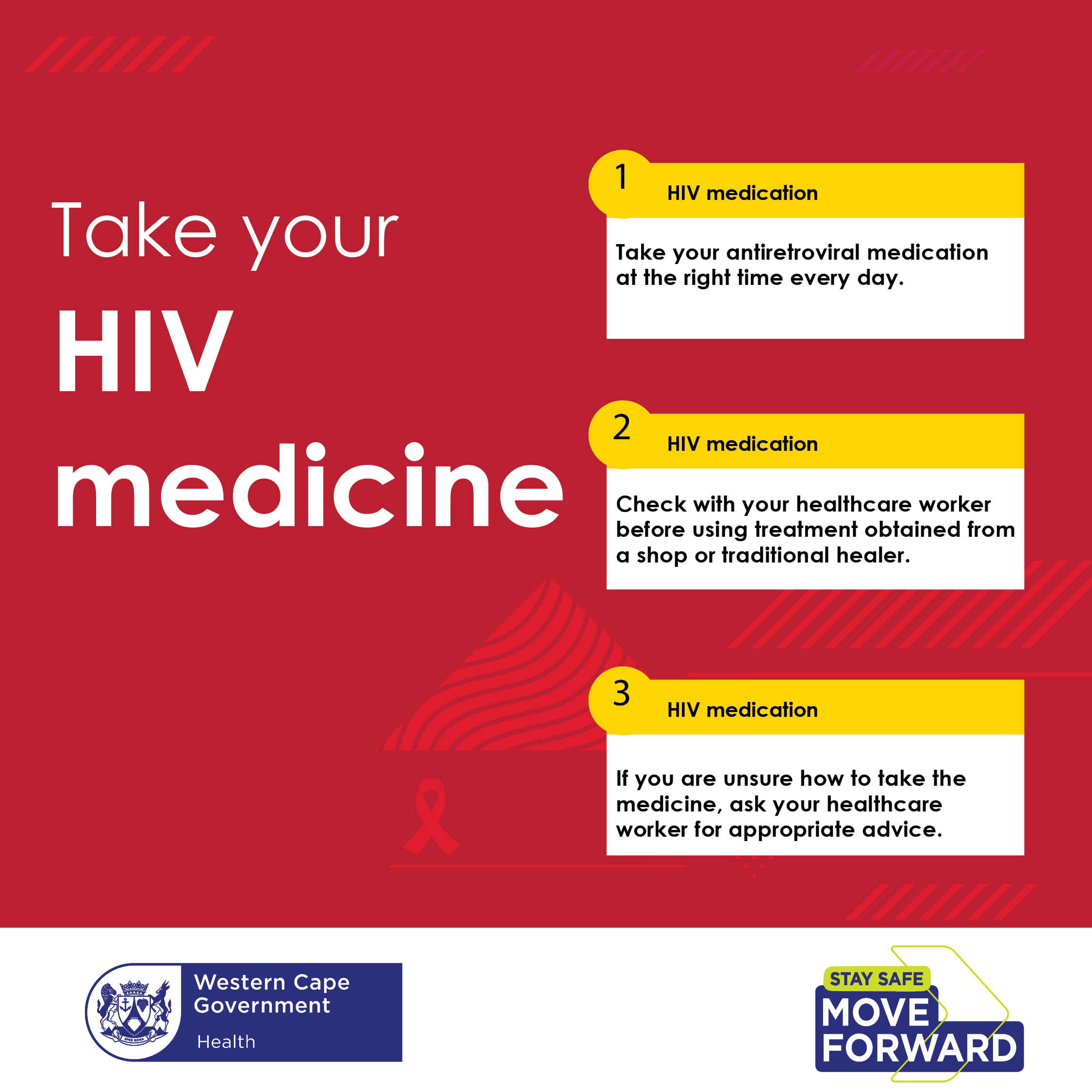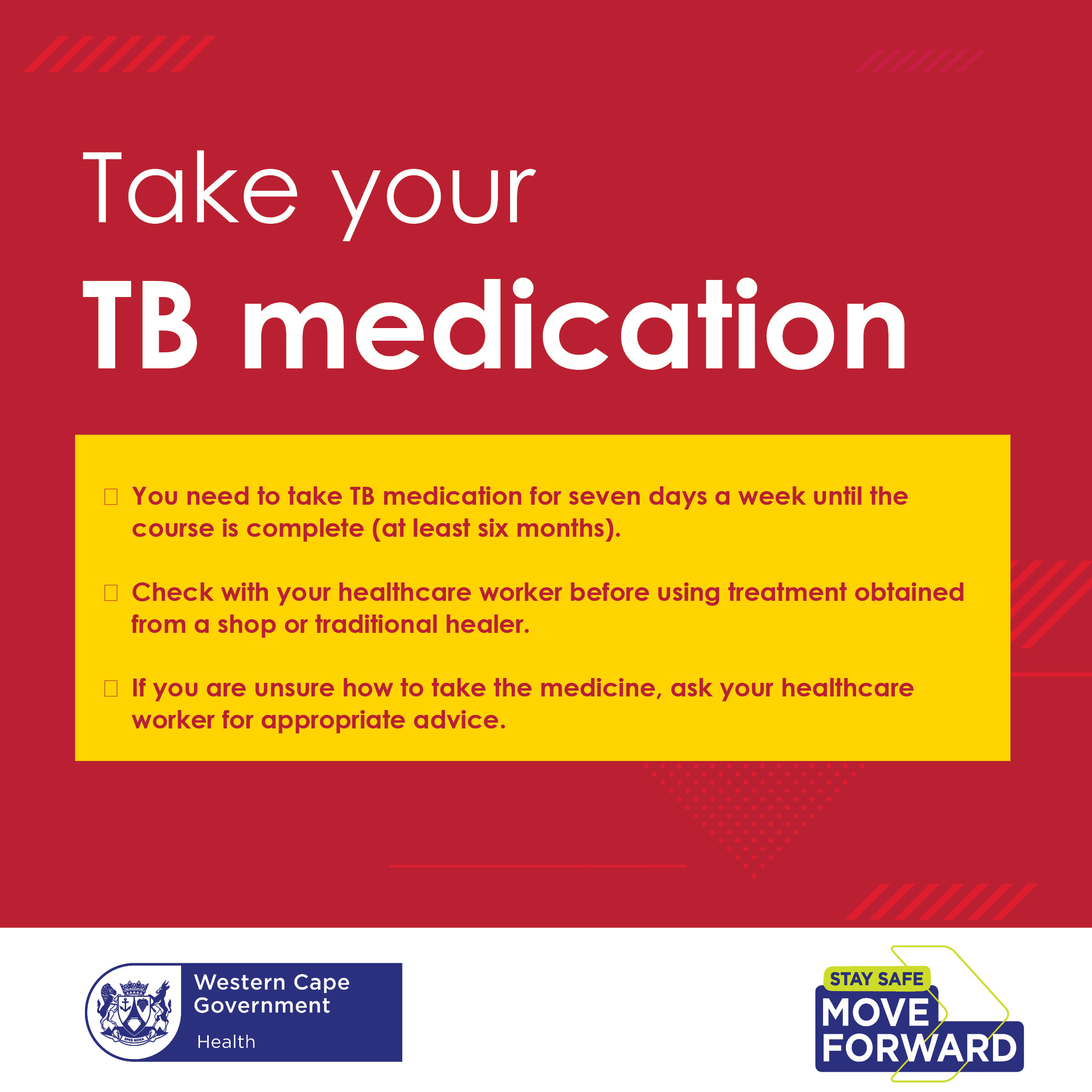
News
Attend your HIV and TB follow-up visits at the clinic regularly
Having one or more medical conditions bring additional challenges because you need to attend regular healthcare appointments and receive required treatment with possible side effects over a long period of time. The aim is to control each condition, prevent its complications and limit the problems that may occur with having more than one condition.
During the COVID-19 pandemic, many patients including those with HIV and/ or TB have experienced difficulties attending their clinic appointments and collecting their medication. Fewer patients have visited clinics for other important services such as HIV testing and TB screening, due to fear of contracting COVID-19 at healthcare facilities. The Western Cape Department of Health has not scaled down its HIV and TB services during the Adjusted Alert regulations, and therefore clients can still make appointments, collect their medication, or visit their healthcare facilities during this period.
HIV
HIV is a virus that affects the immune system of the infected patient. The goal of HIV treatment is for the patient to have an ‘undetectable viral load’. This is when the virus level is so low that the immune system can function normally. There is no cure for HIV, but people on lifelong antiretroviral medication can have a normal healthy life.
“To maintain control of your condition, attend your follow-ups at the clinic regularly. Know the status of your viral load result and aim to keep it ‘undetectable’. Look out for symptoms that may indicate that you might be becoming sick with especially TB related symptoms (cough, weight loss, drenching night sweats) or COVID-19 related symptoms (cough, shortness of breath, sore throat, muscle aches, loss of smell or taste),” recommends Dr Hans Prozesky, an Infectious Diseases Specialist at Tygerberg Hospital.
TB
TB is a lung disease which can be cured if the patient takes the correct medicine regularly for the required treatment period. Without treatment, a person with TB disease can spread TB germs to many people that they live or work with, and they may even die. TB will get worse and may become drug resistant if you forget or stop medication. Drug resistant TB (DR-TB) is TB that does not improve with medication because the TB germ is stronger than standard TB medication. DR-TB can be cured, but it requires more medication taken for a longer time. The goal of treatment is to finish the full course of medication so that all the TB germs are killed.
“To maintain control of your condition, attend your follow-ups regularly at the clinic and provide the required sputum samples to confirm that your TB is responding to treatment. Expect your symptoms to improve on treatment, but if you develop any new symptoms or your symptoms get worse, report this to your healthcare worker,” recommends Dr Prozesky.
Patients with HIV and/ or TB are encouraged to return to their clinic if they run out of medication, don’t know how to take their medication, develop a side effect of medication or have an appointment for a follow-up visit. All healthcare facilities are taking adequate precautions to prevent the spread of COVID-19 at their facilities.
Byron la Hoe
Western Cape Government Health: Communications
Cell: 072 368 0596





